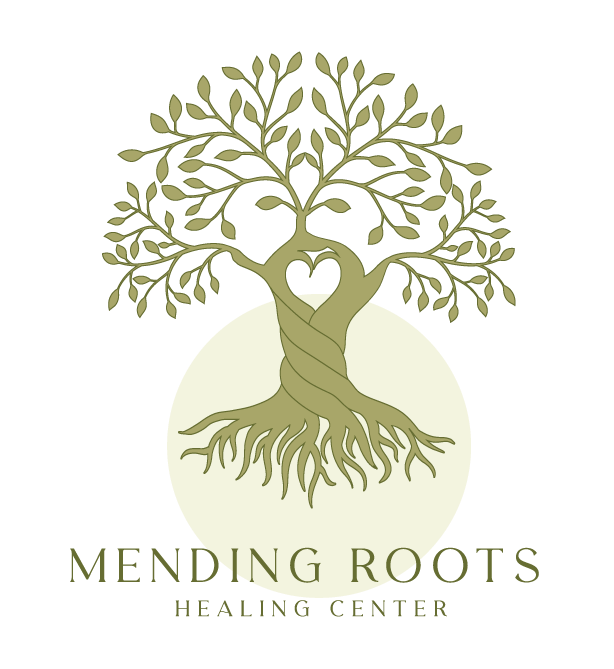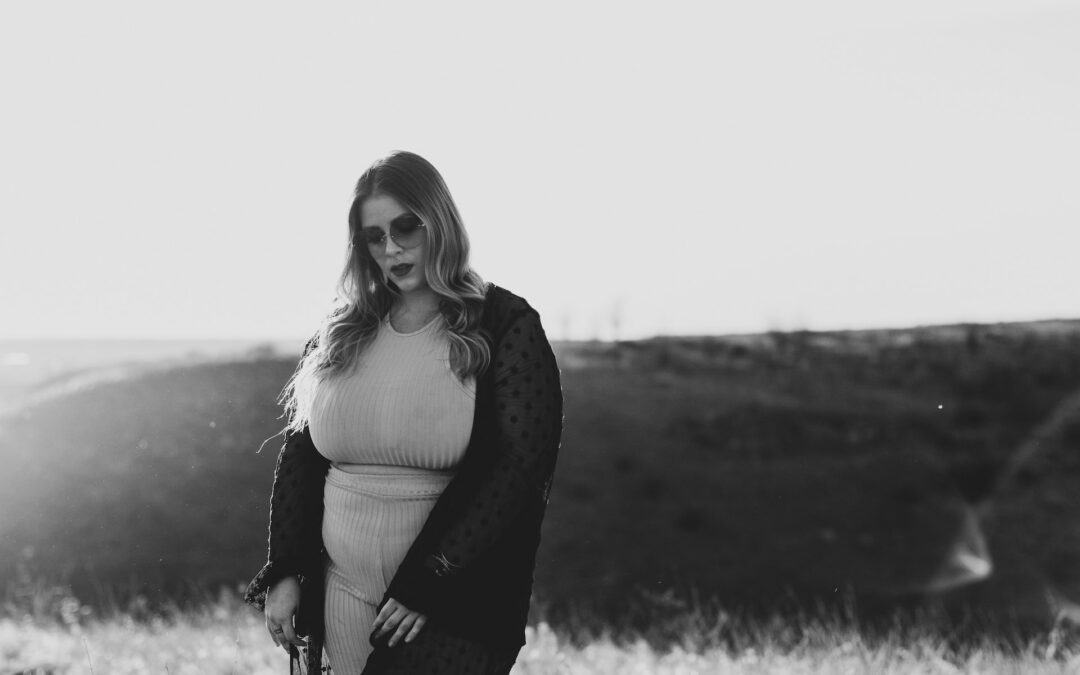Trigger Warning: The book recommended in the following post discusses sexual assault and disordered eating.
We all have a story of our body. How our body holds the things that have happened to us, what we have put into our bodies to comfort, soothe, appease, suppress. A story of how our body has been held, a story of what others have done to our body, what we have done to our body in turn. How our bodies manage all our emotions: from shame and sorrow to joy and awe.
We live in a society that teaches us to hate our bodies, to search for imperfections and strive to reverse the deficits of our bodies. We scroll social media that is literally designed to teach us to hate our bodies. We are inundated by voices that tell us we are not good enough, skinny enough, fit enough, healthy enough… that we are not enough.
Social media is not always dangerous though. Often, we stumble across voices that reflect our own experiences, that help us to feel less alone, that open our minds to new ways of seeing and understanding. Those are always the voices I seek, the voices that tell their own true stories.
Telling our stories and feeling understood can be a critical part of healing. Finding spaces to explore our stories and reconnect with our body can offer transformation – whether it’s a therapist’s office, with trusted friends, in nature, or in a good book or song.
Roxane Gay’s Hunger tells the story of her body with a voice that is both fierce and funny, both deeply and brutally personal and infinitely relatable. She explores the story of her body including the measures she took to escape her body and how she found her way back.
And this is not a fairy tale. So many books in the wellness space are aspirational. Through healthy eating and lifestyle changes, their bodies become something that they (and society) can embrace and love. There is always the subtle implication that wellness and health include sculpting a body that fits with societal standards. That if you occupy a bigger body, you are lazy, unhealthy, broken, unlovable. That you should take up less space.
Roxane Gay’s Hunger is not just the story of her body. It is a powerful exploration of the impact the world we live in has on our bodies. I’ll leave you with her own words, because, really, she says it better than I ever could. “This is a book about my body, about my hunger, and ultimately, this is a book about disappearing and being lost and wanting so very much, wanting to be seen and understood. This is a book about learning, however slowly, to allow myself to be seen and understood.”

